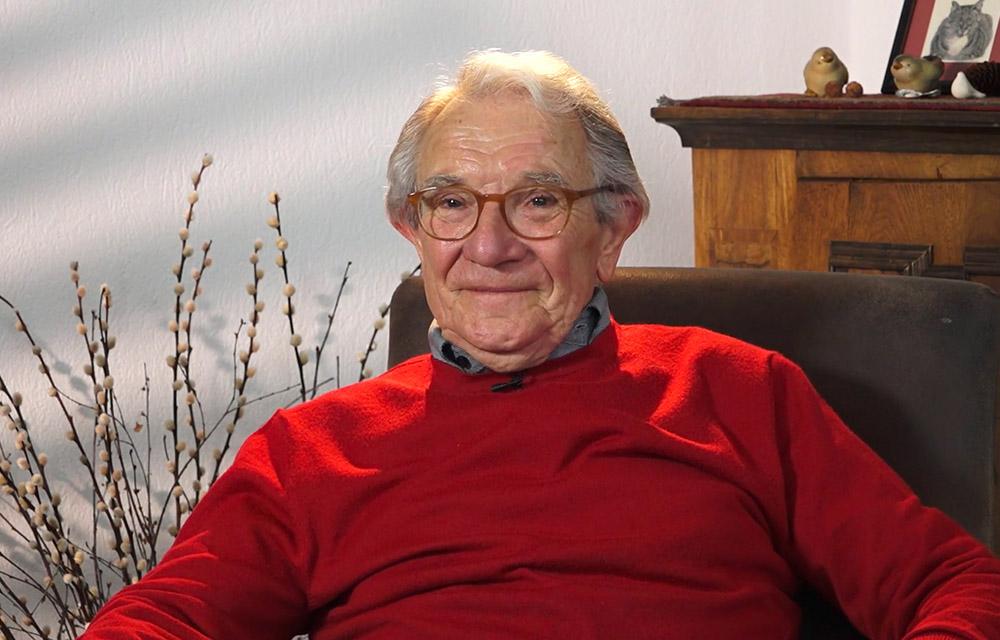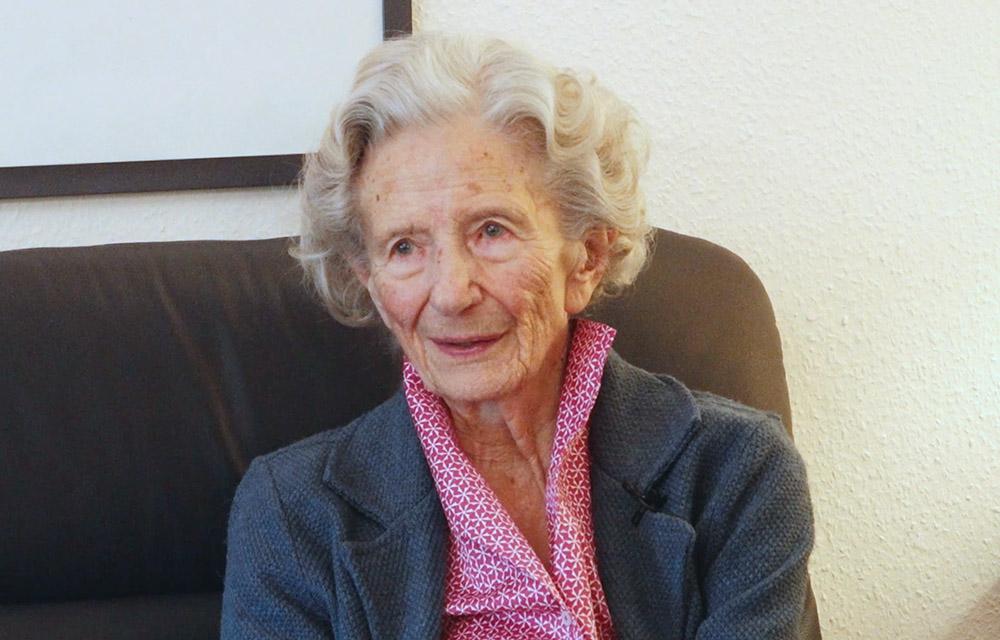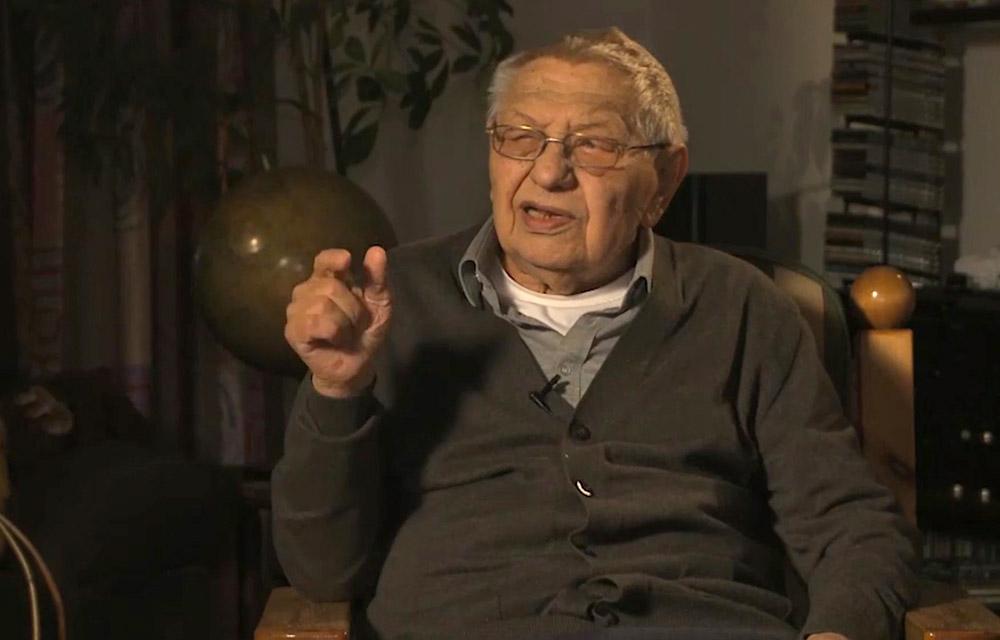
Oral-History-Interviews
Numerous oral history interviews are available to be researched at the media stations in the reading room. So far, we have conducted more than 60 life history interviews, each lasting several hours, in which a wide variety of dimensions of displacement and expulsion are addressed. The life-history approach makes it possible to place the subjective experience of forced migration in a life before and a life after forced migration and to analyse the different effects.
Our German interviewees come from the Banat, the Baltic Sea Region, the Bačka, Bessarabia, Bohemia, Bukovina, Danzig/Gdańsk, Moravia, the Neumark, East Brandenburg, East Prussia, Pomerania, Posen, Romania, from the Volga, Silesia, Transylvania, Slovakia, the Sudetenland, Hungary, and the Wartheland.
We also interviewed people who had to leave their homes in Bosnia, Poland, Syria, and Vietnam.
The following three examples will provide you with some insight.
Contact
E-Mail: interviews@f-v-v.de
Phone + 49 30 206 29 98-32


